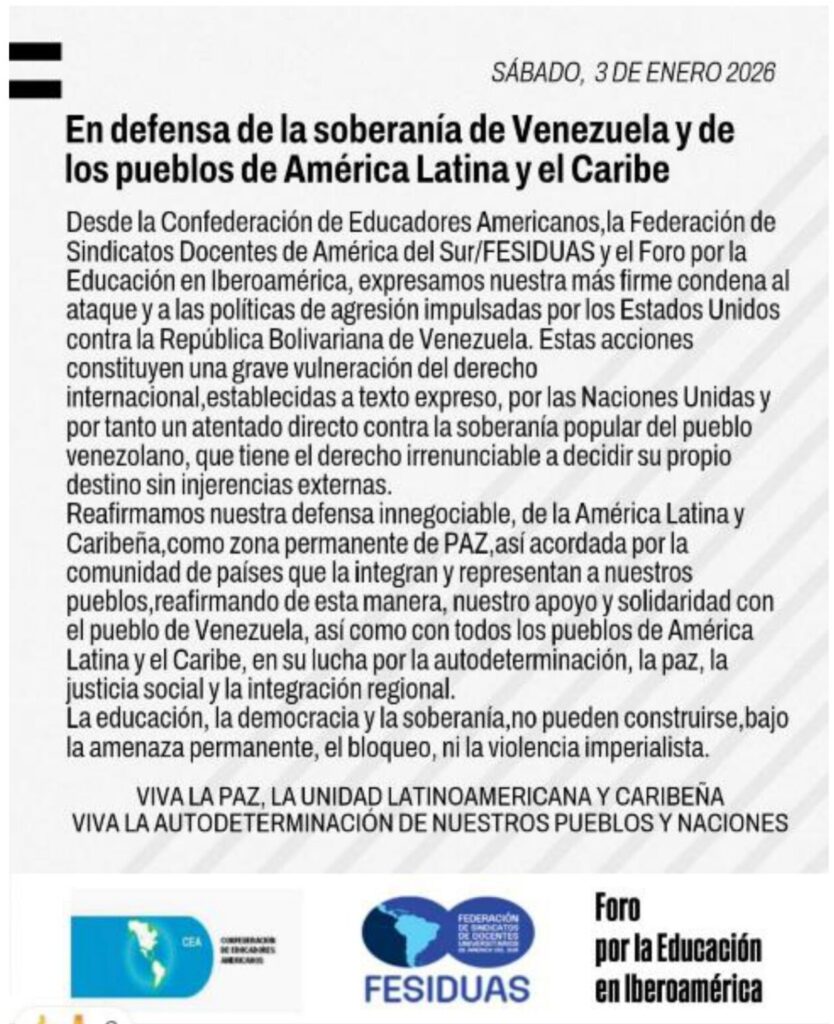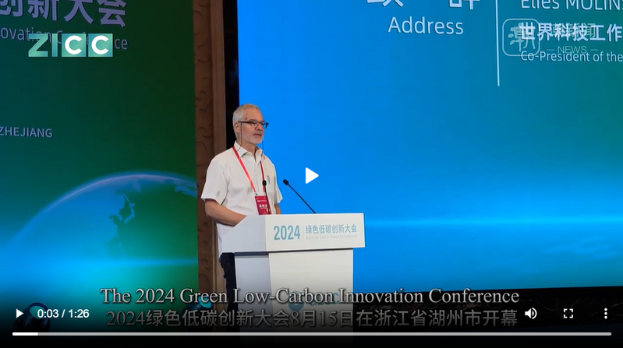Entrepreneurship is not a good solution for Science
By Dr André Carmo
Speeches pronounced during the Forum “Science as a common good for Humankind”
Hello, my name is André Carmo, I come from Portugal and I’m here representing the World Federation of Scientific Workers. My intervention consists of two comments, one more general about working conditions of scientists and the other, specifically dealing with the idea of entrepreneurship that has been put forth by the speakers coming from the Misk Foundation.
When talking about youth and science, there is one fundamental issue that necessarily needs to be addressed. Up until now, we’ve been discussing science, here and in other panels, as if science is something abstract, disregarding the concrete material circumstances in which it takes place. Today, all over the world we have, despite different levels of intensity and various stages of development, increasingly higher levels of precarious working conditions for scientists and researchers.
As a consequence, science production, which is mostly public funded, is compromised, and subject to various pressures that can, limits its impact in society. Hence, in order for science, as fundamental human and cultural activity, to be an instrument of development and cohesion, it is absolutely essential for us to promote and reclaim decent and safe working environments to all scientific workers, specially those that are younger. If not, even if scientific outputs are somehow meaningful, they were the direct result of dreadful working conditions characterized by precariousness, anxiety and burnout.
Regarding the Misk Foundation representatives intervention, I totally agree with the diagnostic as it points out a series of elements that seriously obstruct entrance into adulthood of youth. However, the solution proposed or, to put it differently, one of the possible solutions that was emphasized, namely entrepreneurship, is not, in my view, a solution. In fact, it is part of the problem. Countries in which a large share of the workforce is self-employed (usually the indicator that is used as proxy to entrepreneurship in statistics) mostly correspond to weak economies. If you take, for instance, European, most countries have levels of self-employment below 20%. This contrasts quite clearly with economies such as Bangladesh or similar countries in which self-employment figures are often above 50%, sometimes 75% or even more of the total workforce. Are we suggesting that these are the socio-economic models to follow? This doesn’t make any sense, in my view.
Entrepreneurship is an overtly individual and atomizing solution to problems that structural and require collective solutions, such as collective organization, unionisation, social struggle, state intervention and public investment. Not surprisingly, mortality levels for entrepreneurial initiatives are very high with most businesses collapsing up to 3 years after they
were created. The support of entrepreneurship as a viable solution for youth is obviously linked to the ideological underlying assumptions (pro-market, neoliberal) of the global youth index that was presented. In my view, we should get rid of entrepreneurship as a concept, as an idea, as a driving force of social and economic change.
The same goes for the argument made supporting entrepreneurship in education and self-education- Education is one of the most significant pillars of the modern welfare state in most advanced countries in the world. One of the reasons European countries became a model of development for other regions of the world. And this is not an Eurocentric approach to this. I’m merely stating the obvious, i.e. despite the various problems they have, formal, universal and public education systems are still the best way to education a population and to fight inequalities. What we need is to reclaim more public investment in education, and not to wait for private initiative to solve educational development problems. That will never happen.





